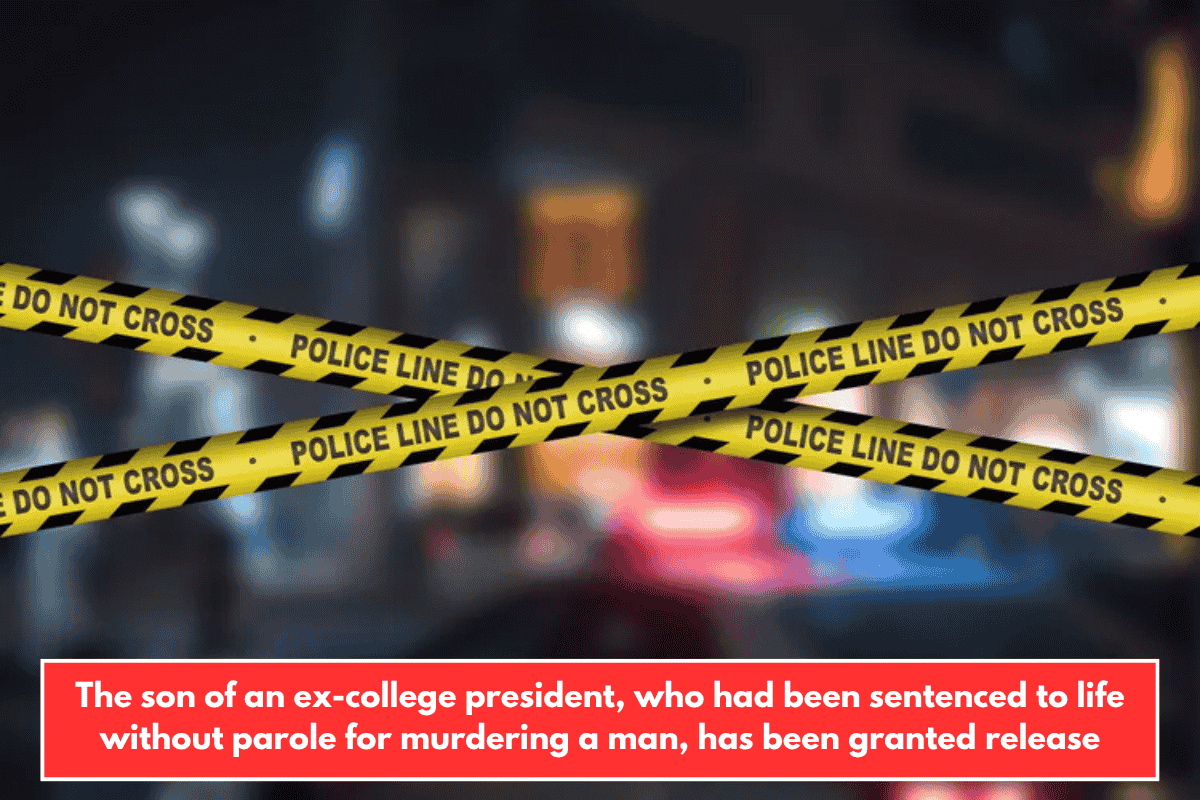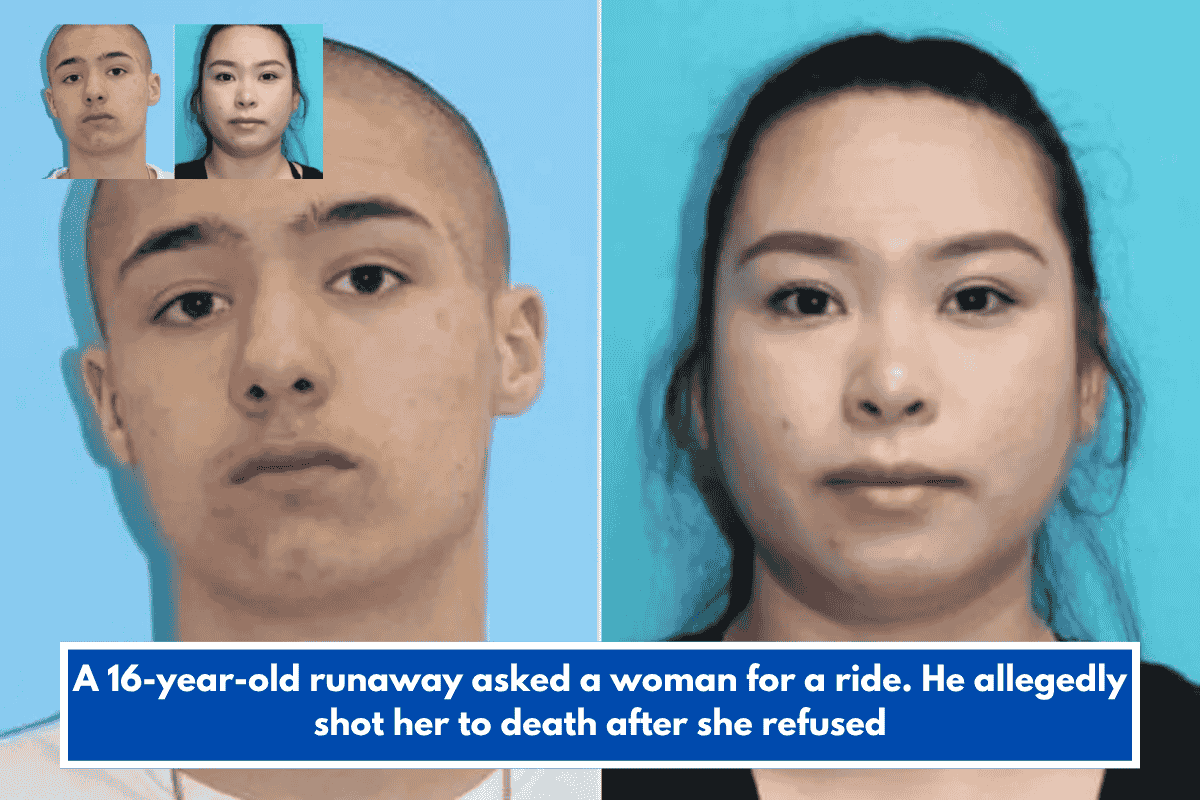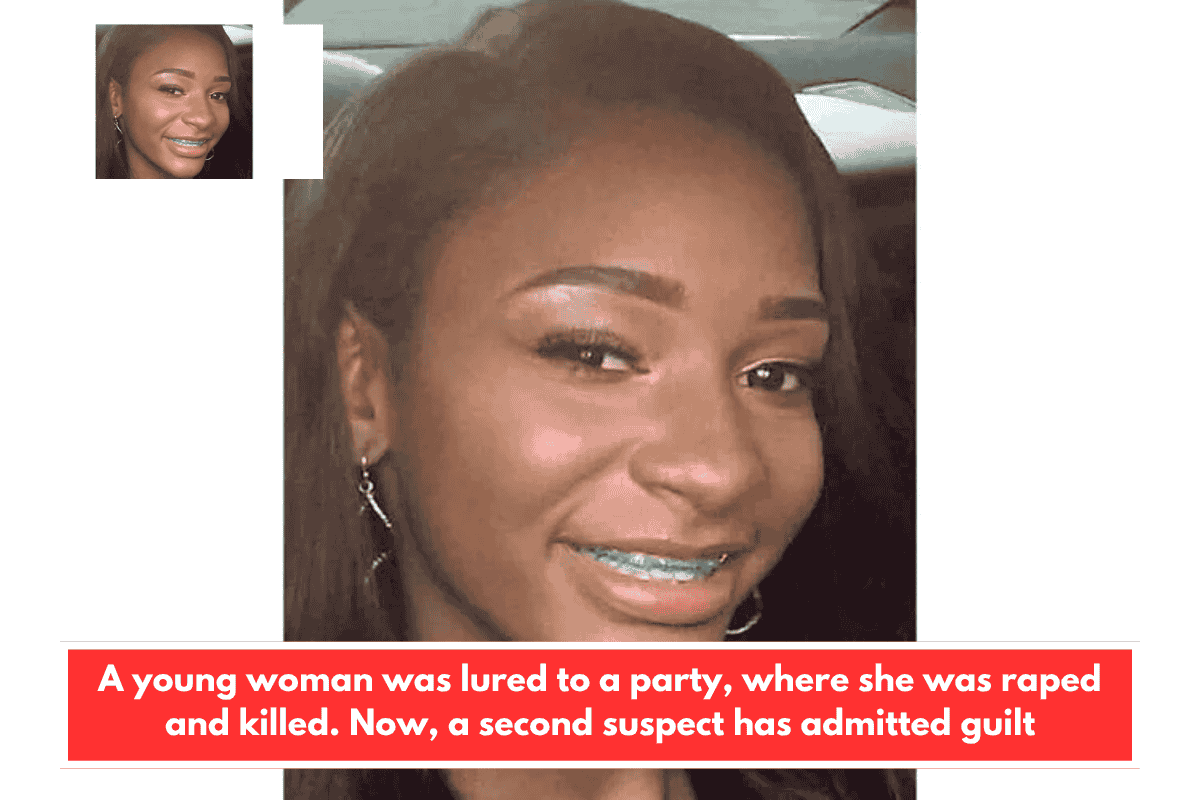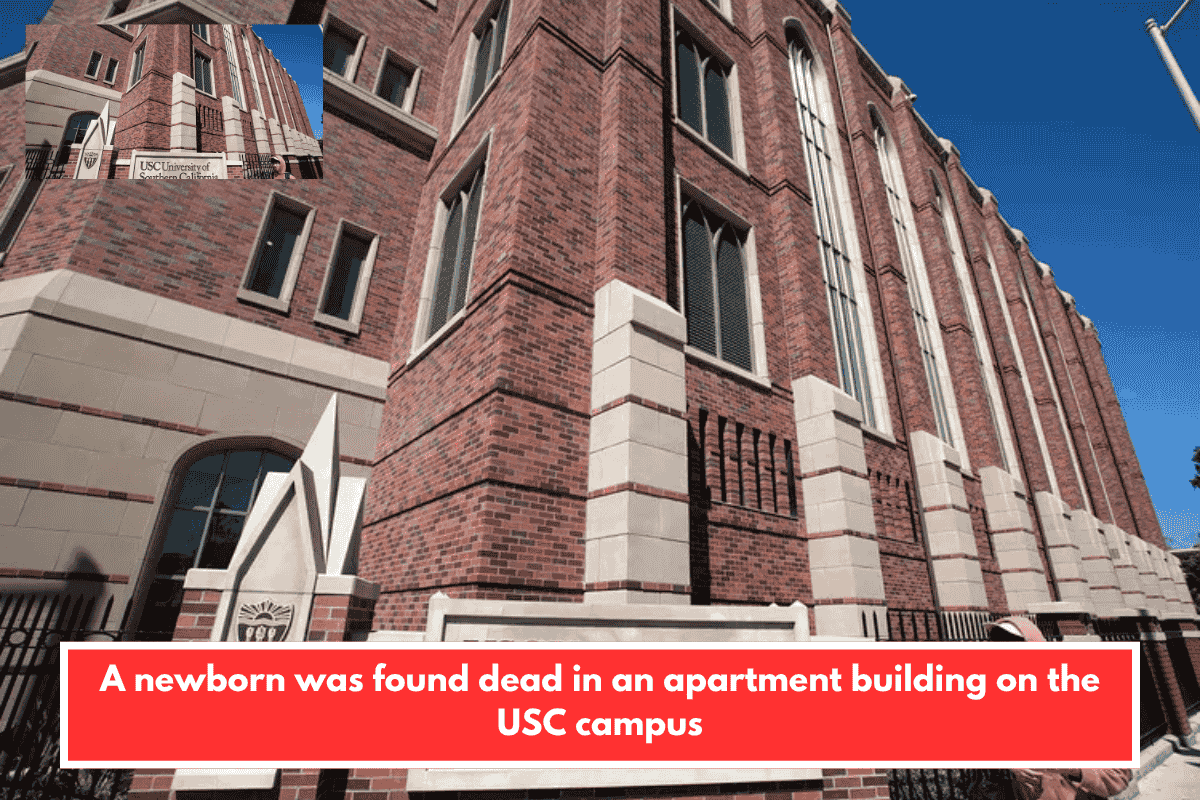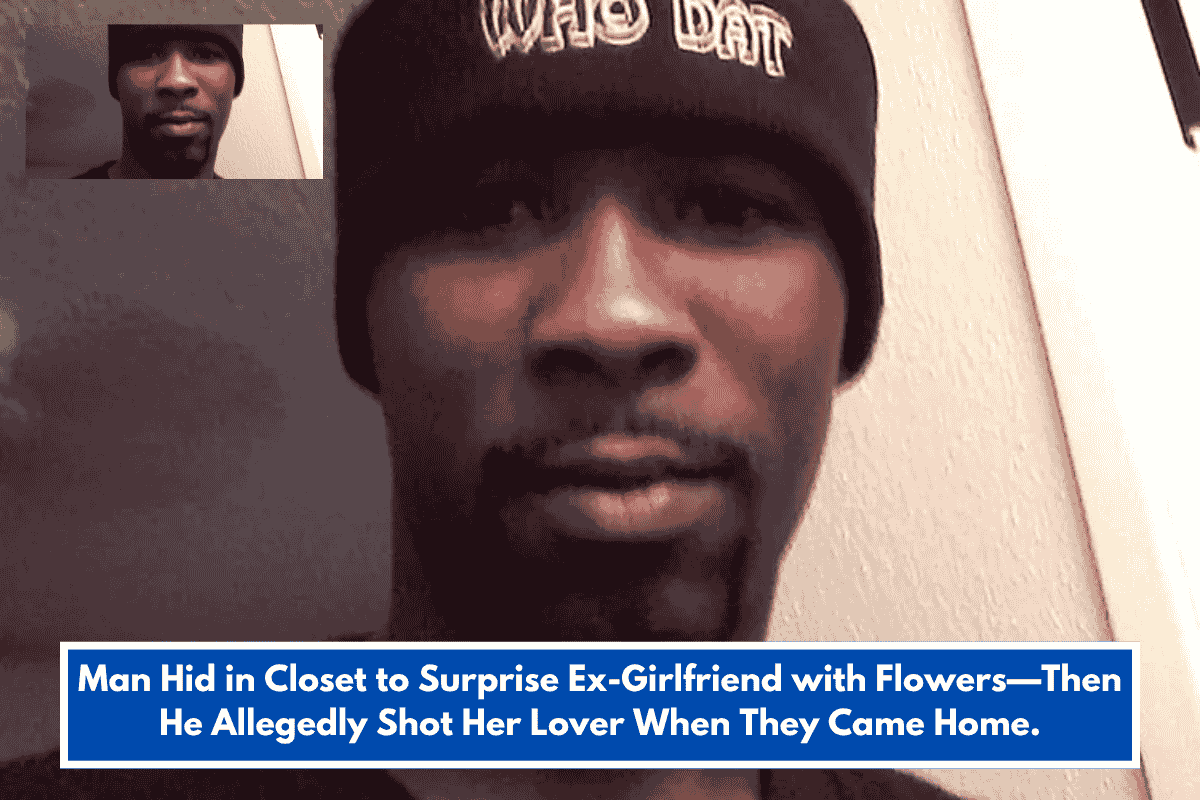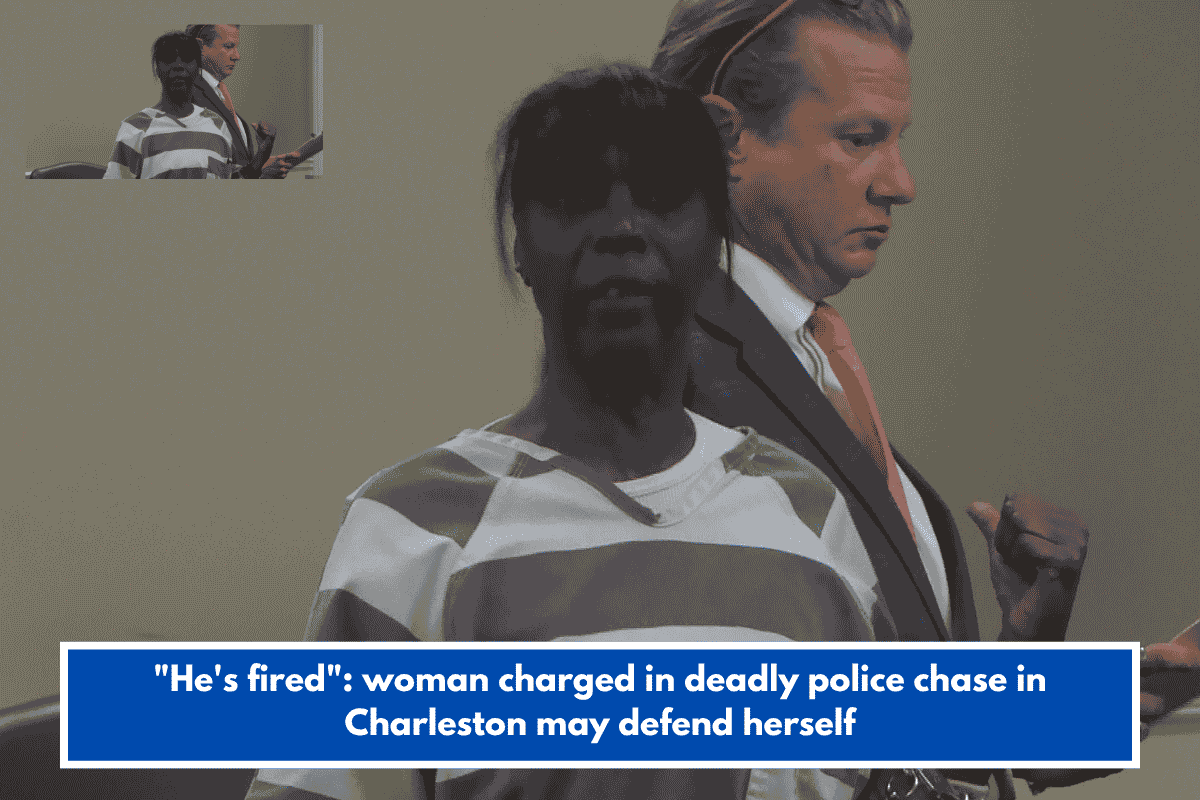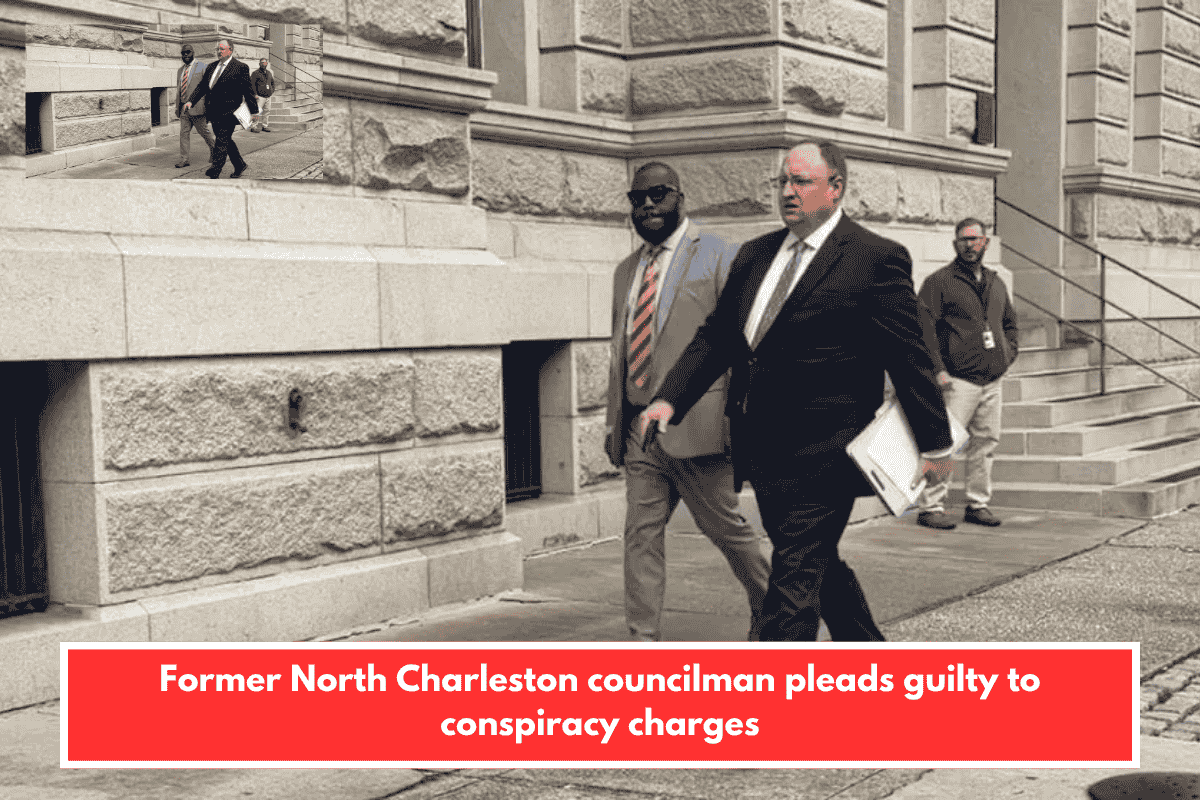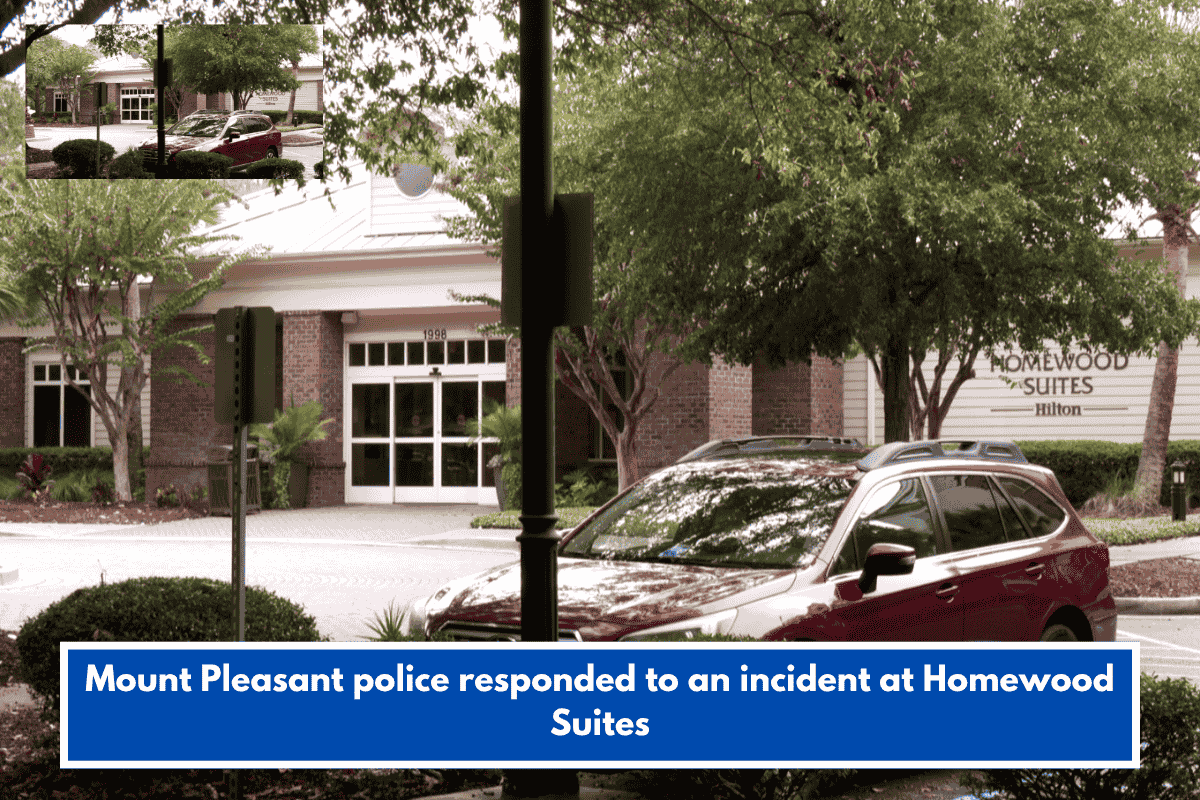A former college president’s son, who was sentenced to life in prison without the possibility of parole for the 1993 shooting death of a 21-year-old, has been released following a court judgment.
According to the Massachusetts Parole Board’s Record of Decision, Mark Van Winkle, 51, was granted parole unanimously on October 7.
Van Winkle has been held in a Massachusetts state prison since 1994.
The board decided to release him to a halfway home after six months in a lower-security facility.
Van Winkle is the son of the late Roger Van Winkle, who was president of Massachusetts Bay Community College from 1983 to 1999, according to The Boston Globe.
Van Winkle was 20 when he was found guilty of first-degree murder in the 1993 shooting death of Israel Espino, 21, and sentenced to life in prison without the possibility of release. He was also jailed after being convicted of armed robbery, armed assault with the purpose to rob, and assault and battery.
According to the board, the shooting occurred on October 5, 1993, when Van Winkle staged a phony drug sale with the goal of robbing Espino, his brother, Frank Espino, 23, and Juan Guerra, 19.
Van Winkle shot and killed Israel Espino while driving to an isolated spot where he promised the three guys he had a significant quantity of marijuana to sell them.
Van Winkle then fired the other two men in the vehicle, injuring Frank Espino in the left shoulder and grazing Guerra in the head, face, and left arm, according to the board.
After recovering consciousness, Guerra drove for assistance and phoned the police. Van Winkle was arrested.
He was expecting to spend his entire life in prison. That changed in 2024, when the California Supreme Court determined that defendants who were 18 to 20 years old at the time of their crimes and received life sentences without the possibility of parole might, in fact, seek parole and be released from prison.
The board concluded that Van Winkle had made good use of his time in prison.
“He has been engaged in rehabilitative programming,” according to the statement.
He has had no disciplinary reports in six years and has held trusted positions with the Department of Correction.
His parole conditions include electronic monitoring, attending Alcoholics Anonymous meetings, and avoiding contact with Espino’s relatives.

